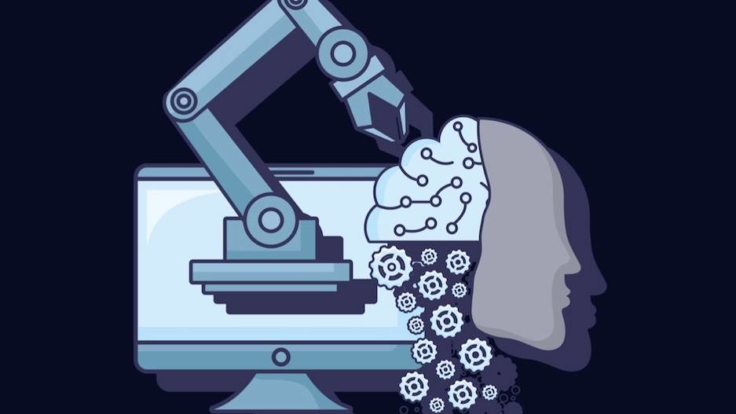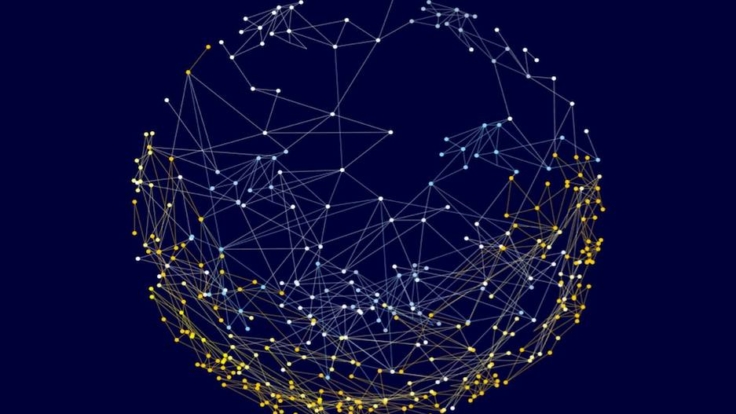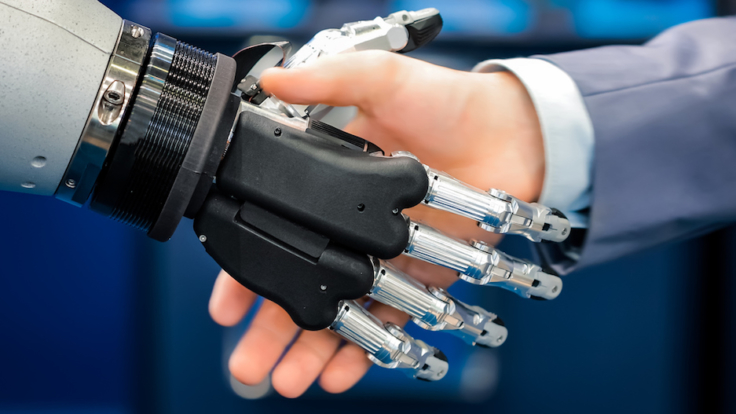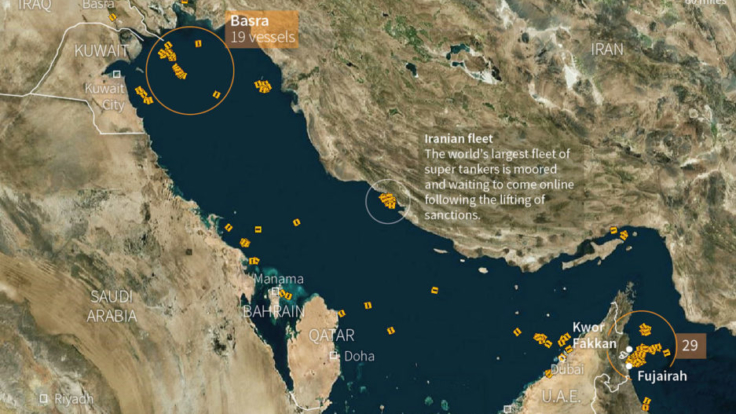The Maker Movement Can Flourish Thanks to Trade
We long ago stopped having to make everything we need: forging tools, handcrafting shoes from hides and weaving textiles for clothing. The expansion of global trade is affording us the opportunity to rediscover and reinvent the art of “making” itself, which could in turn profoundly impact what we make and what we trade.









